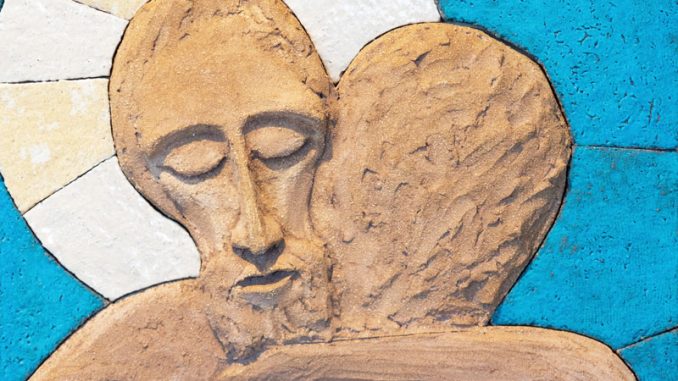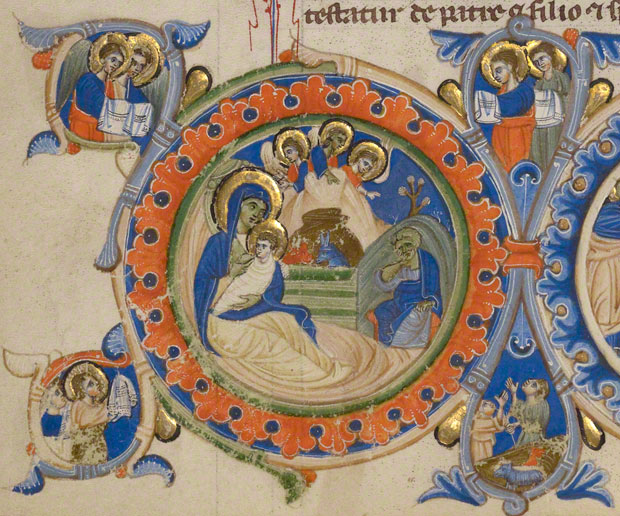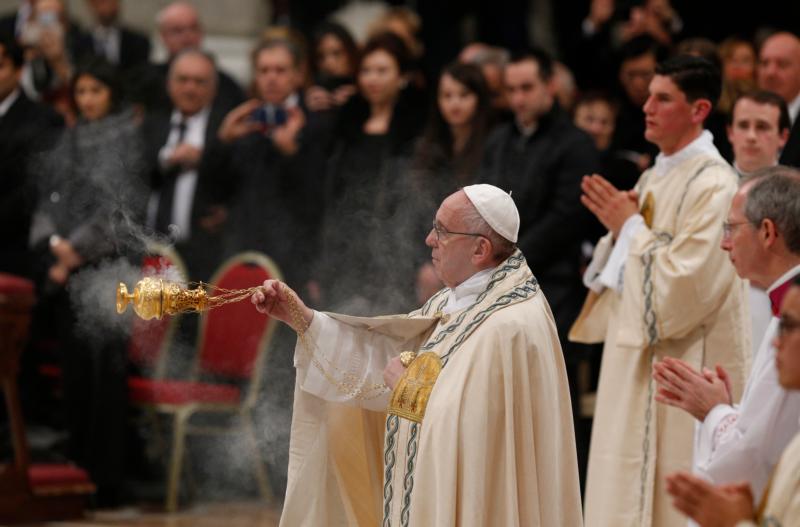
The New Year is resolution time for lofty goals of how we’re going to improve ourselves in the next 12 months: lose weight, save more money, eat more vegetables, hit the gym.
Those are all things that can help us improve personally, but as 2021 begins, it might be a good idea for more of us to make a resolution that affects others: a resolution to be kind.
Kindness has been in short supply in this country for the past few years, with people taking sides over political issues and voting preferences and even shunning family and friends that disagree with them. The pandemic has made these tensions worse, as stress and worry causes tempers to flare.
So we might all be better off if more people resolved to follow the classic “Golden Rule” as Jesus set forth in Matthew 7:12: to treat others as we would want to be treated.
Being nicer to others is not something that’s going to happen all of a sudden. Like other resolutions such as eating better or saving money, kindness will only come about if someone makes a conscious effort to make it so, according to Dorothy Whalen, a licensed independent social worker who runs Caritas Counseling, based at St. Mary Church in Greenville.
“It starts with a conscious act of the will to embrace a different attitude,” Whalen said. “You have to say ‘I choose to treat people with charity.’ You have to decide your words and your actions are going to be more charitable.”
Whalen said she learned some basic guidelines for how to speak with others from a 10-year-old girl she met.
“The girl said her mother gave advice on how to behave that fits all age groups,” Whalen said. “Before you respond to someone, ask yourself three questions: are my words going to be kind? Are they going to be true? And are they necessary? That’s discernment at the highest level — a way to figure out how to genuinely respond to another person, instead of reacting without thinking. In today’s culture, people are anxious, frustrated, and angry, and too often they react impulsively to others.”
Being kind should extend to everyone you deal with on a daily basis, including the grocery store cashier or delivery person who might be struggling to deal with high demand, or the family member or friend who can be problematic because they think differently than you on politics or religion.
Political differences have contibuted to the kindness crisis in this country largely because too many people have made their political beliefs a big part of their personal identity, according to Holley Tankersley, a political science professor and associate provost at Coastal Carolina University in Conway.
“When politics become ingrained as part of our sense of self, if another person has an opposite viewpoint, we start to feel like our identities are being attacked and it makes it difficult to have a conversation and to get along,” Tankersley said. “Be honest with yourself and realize that the party you support and your opinions on issues, while important, are not your identity. Your identity is made up of other human characteristics that we all share. People who think differently are not your enemy. Often they simply have different experiences and perspectives on life.”
Since everyone is facing more isolation right now because of the pandemic, it’s more important than ever to focus on maintaining relationships with family and friends despite differences of opinion, according to Frank Orlando, a political science instructor at St. Leo University in Florida, and director of St. Leo’s Polling Institute.
“If a family member or friend in other respects loves you and cares for you, wants to help you and has been by your side, don’t cut them off,” Orlando said. “Continue to try to show up. Don’t’ let those connections you have with people fall by the wayside. Getting rid of people we disagree with is taking the cheap and easy way out. That is not how you grow ideologically or spiritually. You grow by grappling with different beliefs.”
Orlando said people of faith should also remember that politics and other issues that can separate us from our loved ones and fellow humans are not the most important things in life.
“As Catholics and Christians, you have to keep in mind that these things are only what’s going on here on Earth and are not our end goal,” he said. “This doesn’t mean that politics and other issues aren’t important, but you can’t let yourself get so invested or obsessed that you forget what you are here for.
Our focus as Catholics should be on eternal life, and I think if you keep that in the back of your mind, that could help you keep some sort of perspective when getting into discussions.”



